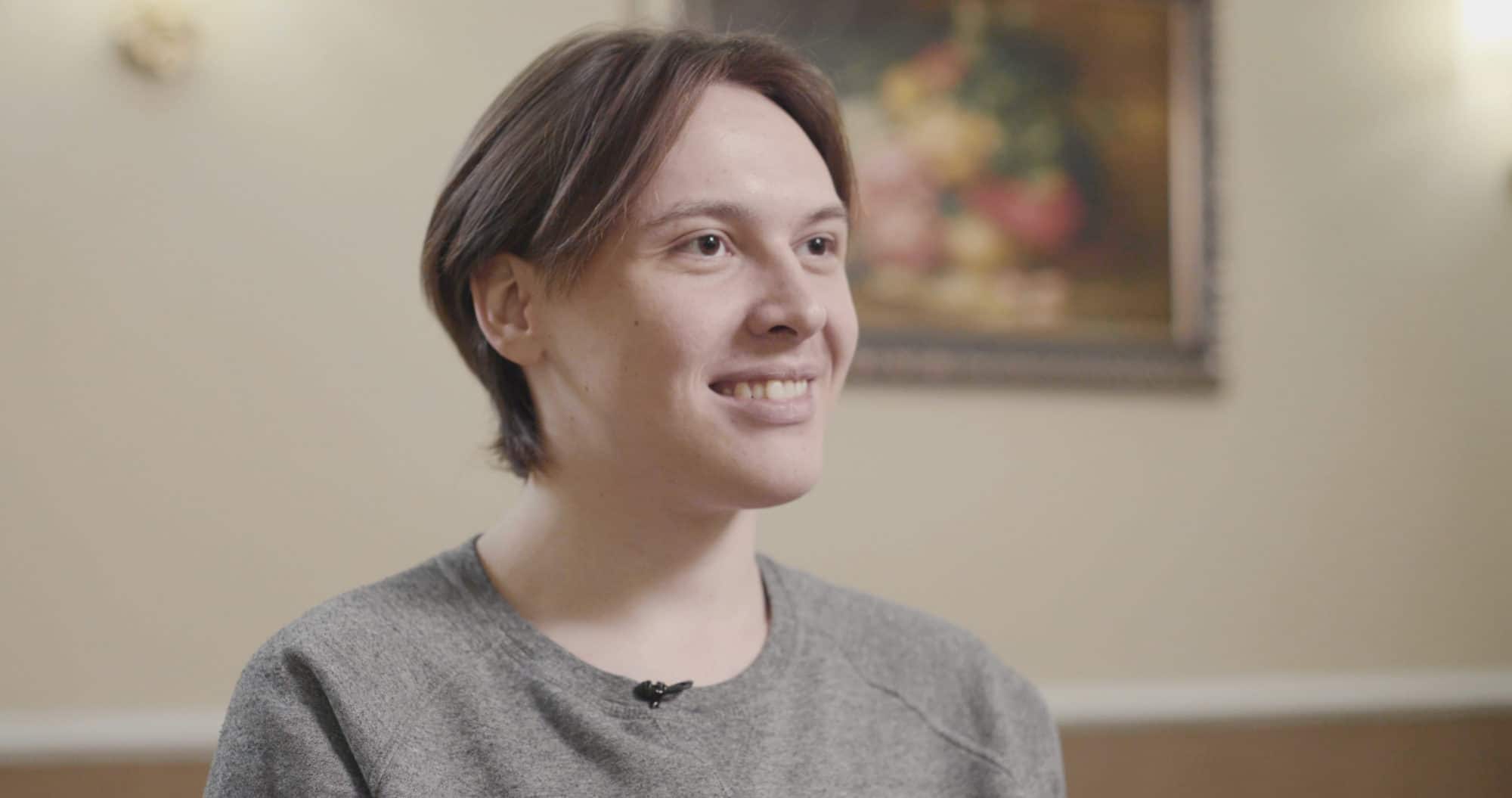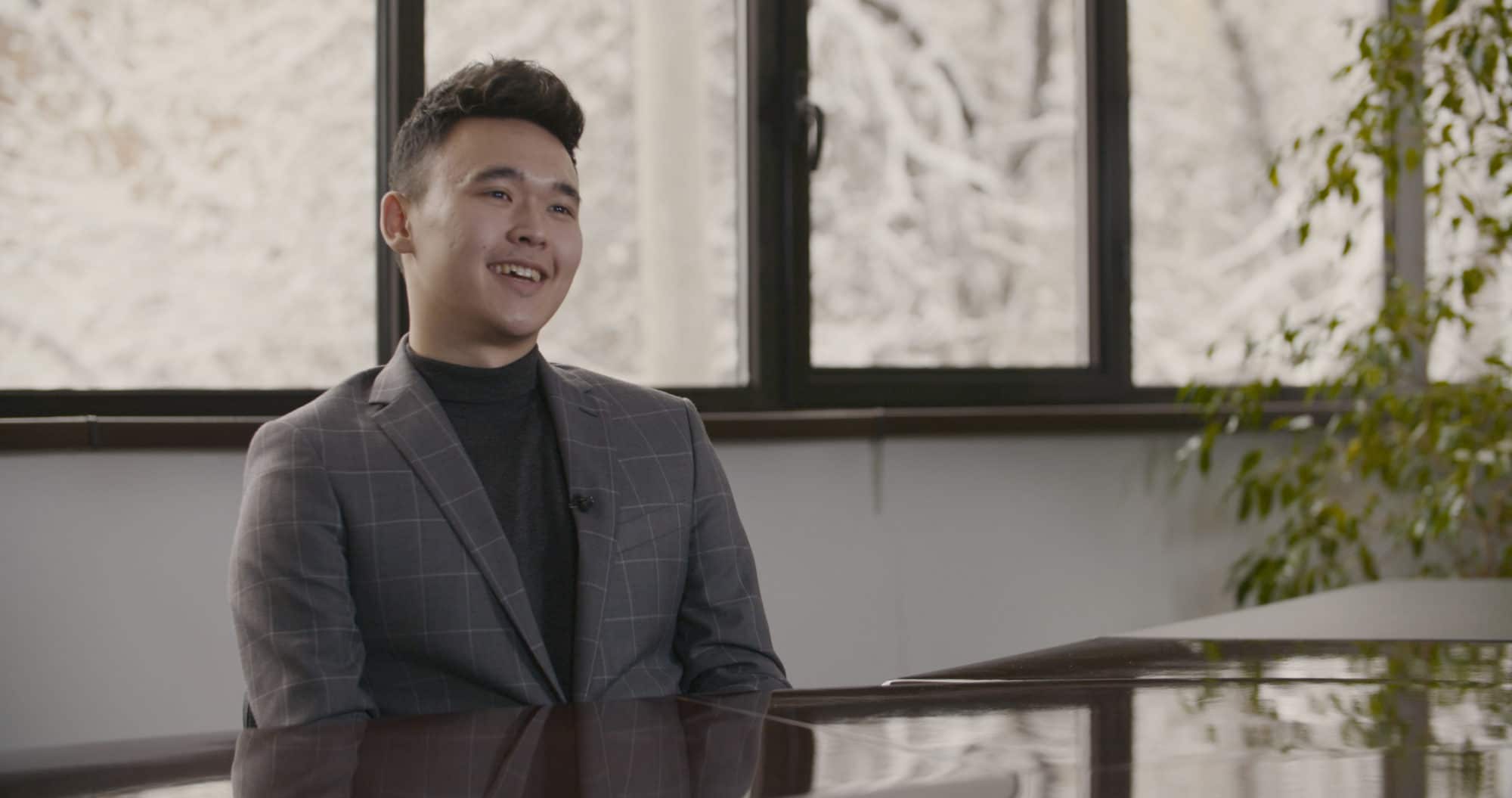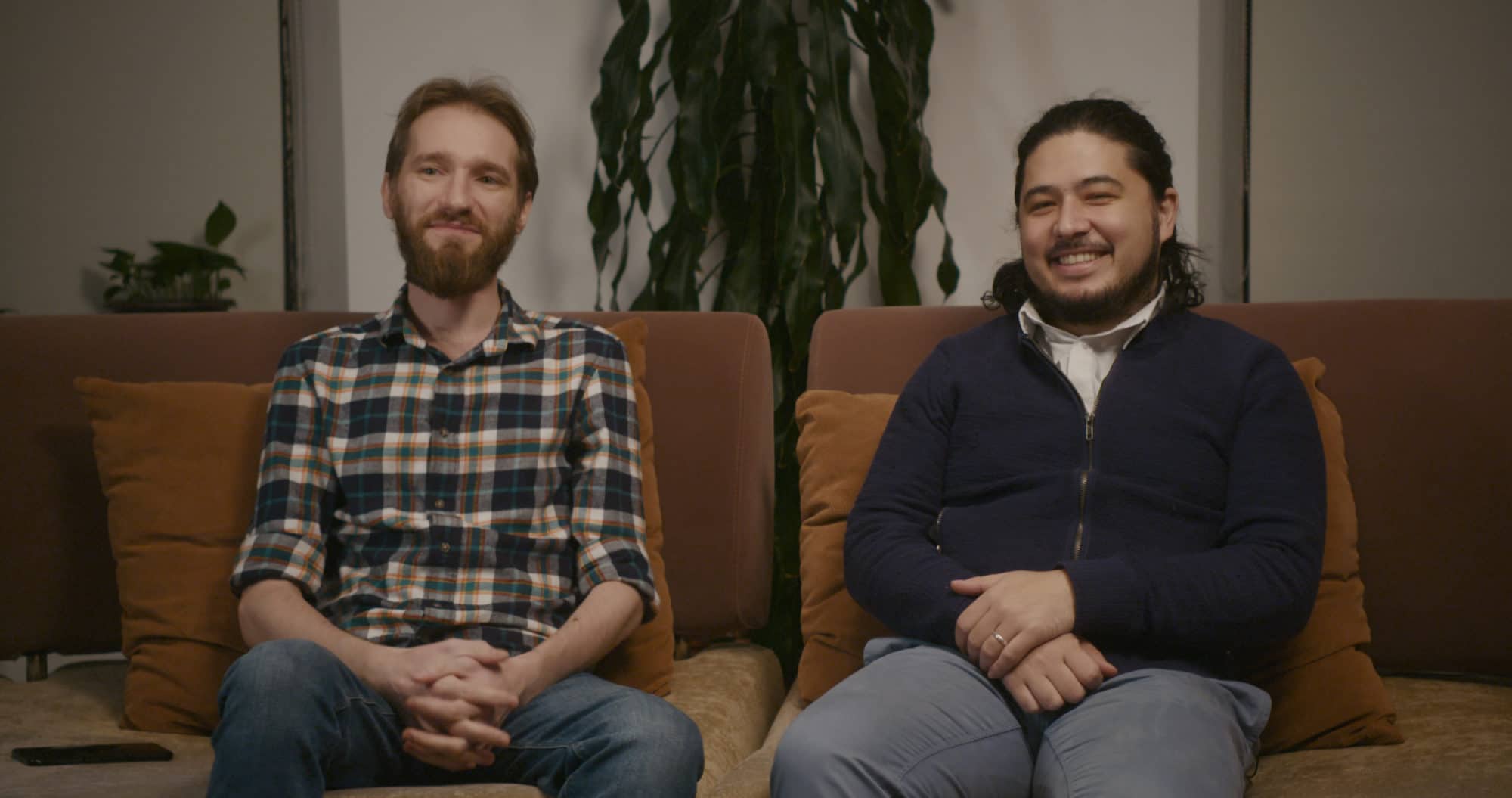Organization
RADIAN
Country
Kazakhstan
In 2019, the Foundation launched a new Fund for Eastern Europe and Central Asia, ‘RADIAN’, in partnership with Gilead Sciences.
The Fund aims to change the trajectory of the HIV epidemic in the region, and confront and challenge the barriers that prevent at-risk populations from accessing HIV prevention and treatment services. Our first Model City for the Fund is Almaty, Kazakhstan to ensure that 90% of people living with HIV know their status, 90% of people diagnosed with HIV are on life-saving medication and 90% of people living with HIV on treatment have undetectable viral loads.
Stories

Igor is 19 years old and lives in Almaty, Kazakhstan. He thinks HIV is a topic that not everyone is ready to talk about because society is afraid. He learned about his status when he was 17 years old. At first, he was shocked and left the AIDS centre after receiving his diagnosis in tears. At that time, he didn’t know anything about HIV. Unfortunately, Igor’s family told him that he had to leave home when he disclosed his status. But Igor’s friends helped him, saying that nothing has changed for them after he opened up to them about his status. Now he has freed himself from feelings of shame. He wants to show that people can lead a happy life living with HIV. He knows that a lot of people living with HIV have had difficult lives, and that he is lucky to have accepting friends. ‘Our society doesn’t know that there is HIV in Kazakhstan. There are many stereotypes that only drug addicts can contract HIV, that HIV is somewhere far away in Africa, but not prevalent within Almaty,’ says Igor. Igor immediately started life-saving HIV treatment following his diagnosis and now is undetectable for HIV. He wants to show people through his own experiences that he is the same as all other people and that he lives an ordinary life.

Ilyas is 21 years old and originally from Astana, but now lives and works in Almaty. He holds a bachelor’s degree in ecology and works in logistics for Amanbol, an EJAF-funded project which distributes HIV self-testing kits across Kazakhstan for LGBT people. Ilyas decided to go to Almaty City AIDS Centre after he noticed some odd spots on his body so he and his partner went together for a HIV test. He was used to getting tested every 3 months but this time was different. Ilyas was informed that he was living with HIV after this test. He was shocked but opened up to his sister, who is a pharmacist, and started to learn more about HIV and became comfortable with his status. He began HIV treatment and he was lucky to not receive any negative feedback from his friends or family members about his status. Ilyas thinks that a lack of sexual education in Kazakhstan is behind the increase in HIV and would advocate for more lessons in school on safe sexual practices and sexual health to protect other young gay men living with Kazakhstan.

Amir and Denis work for Amanbol, an HIV self-testing project for men who have sex with men and transgender people in Kazakhstan. With support from the Elton John AIDS Foundation, Amanbol launched in 2019 and is a safe, reliable and trusted way to self-test for HIV in the comfort of one’s home. Amanbol fights stigma and discrimination for people living with HIV and in particular, helps men who have sex with men and transgender people who are not ready to communicate or interact with society to find out their HIV status. People can now order a test, completely free, on their own and receive the results in complete safety and anonymity, without visiting a doctor. At first, community members were hesitant to use the Amanbol service because they suspected the project would transmit personal information to third parties. People were afraid that the team would call an AIDS centre and disclose their HIV status. Although people talk about HIV on the internet and in social networks more often, people are still afraid to be tested and prefer not to know their status, even though effective treatment exists and is available in Kazakhstan. HIV is still seen as a death sentence to many people in the country. According to Amir, people were previously too afraid to get tested and there was a lack of information around a diagnosis and how to get the support that people living with HIV may need but now Amanbol provides a safe way to self test for HIV.
Photo credit: RADIAN
